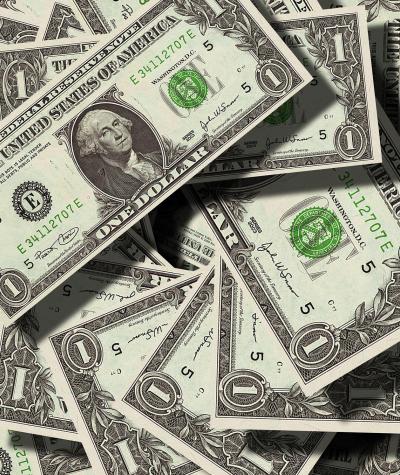In light of the FEC’s gridlocked paralysis and the recent controversies at the IRS, many grow increasingly concerned that federal authorities are simply unwilling or unable to ensure meaningful disclosure of the independent spending unleashed by the Citizens United decision. It is thus heartening to see that states are leading the way on the transparency front. Case in point, yesterday New York State Attorney General Eric Schneiderman announced new regulations that will require certain non-profit organizations that engage in political spending in New York State elections, including 501(c)(4) “social welfare” groups, to disclose their donors to the public.
The Legal Center strongly urged adoption of the regulations proposed by the New York Attorney General, submitting testimony on January 15 and February 27, 2013 in support of the effort. My February testimony highlighted the Campaign Legal Center’s belief that the proposed regulations are constitutional and are crucial to ensuring that voters can make informed decisions in elections and to preventing corruption in the political system. This transparency is also essential because it protects the integrity of the tax laws and deters abuse of federal and state laws granting tax-exempt status. The testimony also noted that “[f]or almost a century, the Supreme Court has consistently upheld laws requiring political transparency, and emphasized that ‘public disclosure of political contributions . . . tend[s] to prevent the corrupt use of money to affect elections.’”
The regulations would require groups that spend at least $10,000 to influence state and local elections in New York to file itemized reports of their expenses and contributions, including their donors of over $1,000 or more. Spending that would trigger potential disclosure includes advertisements that expressly advocate for the election or defeat of a candidate, political party or ballot referendum, as well as communications made within 45 days of a primary election and 90 days of a general election that identify a particular candidate, political party or ballot referendum.
Following Citizens United, the Legal Center has been troubled by the manipulation of federal tax law by certain tax-exempt groups active in elections, in particular section 501(c)(4) groups, for the purpose of shielding their donors from disclosure. While reform at the federal level has proved elusive, we applaud New York for taking these first steps to ensuring political transparency and recommend its regulations as model for other states and localities, as well as concerned lawmakers in Congress.
To read the text of the new disclosure rule, click here.
To read the Attorney General's press release, click here.
To read the testimony submitted to the New York Attorney General by the Campaign Legal Center, click here.
